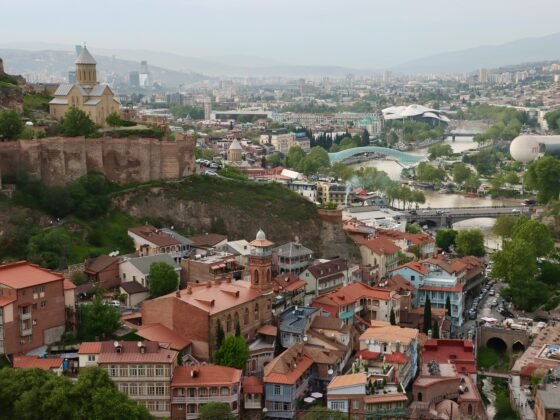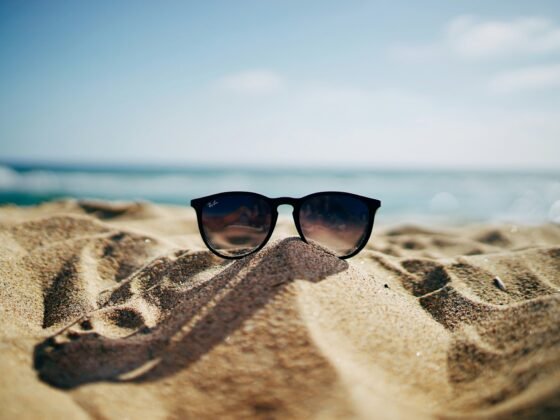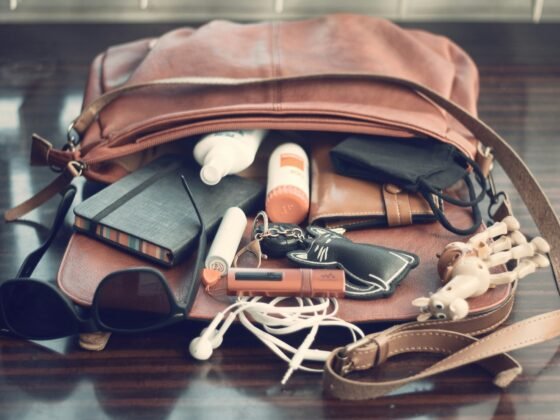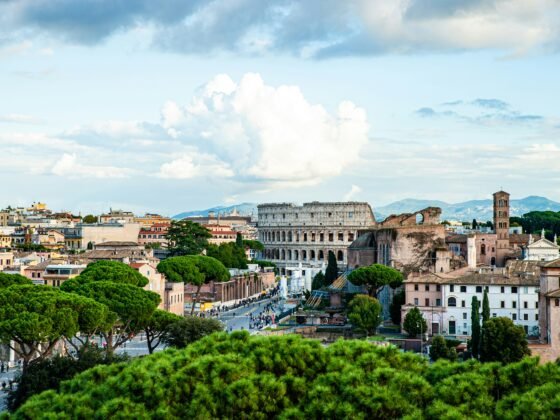The tourism industry has been one of the most impacted sectors across the business world amid the Covid-19 pandemic, with the scale of global lockdown effectively halting cross-border travel.
Now that quarantine measures are starting to lift in countries around the world, the sector can begin its recovery, although uncertainty remains over the long-term health of the industry after many months of brutal economic conditions.
UK travellers now have a route to book holidays, with “air bridges” being established with several European neighbours to allow travel without the need for quarantine upon arrival.
Many operators remain on shaky ground due to the months of lost revenue, so here’s how the sector can get back on its feet.
Turn to domestic travelling
Despite the establishment of pathways across Europe, many travellers are likely to remain hesitant to travel while a vaccine for Covid-19 is yet to be found. In the meantime, frontline medical workers continue to be the heroes of this uncertain story, facing significant exposure to the virus every day – which is why travellers should take all necessary precautions when travelling.
Countries like South Korea and Australia have recently reimposed lockdown measures due to second waves of infections, while a local lockdown closer to home in Leicester shows that the threat remains high.
As such, bookings for ‘staycations’ have surged, with people flocking to popular areas within Britain in a bid to limit the spread of the virus.
Sustaining gradual growth in tourism
The tourism industry has had to move with these incredible times, and it will remain important to keep in a state of transition as the rules and advice continues to change.
Not all of the guidance has been clear through the current scenario, however, so planning ahead and keeping a firm grip on the tiller will remain crucial as companies are pushed right to the wire.
However, leading the way remains possible. Autonomous cleaning robots in Pittsburgh’s international airport perhaps shows the way to keep travel hubs safe and secure for the weeks, months and maybe even years to come.
Safety as a priority
UV-cleaning robots might not become an immediate staple of our airports, train stations and bus stations, but such locations have already seen vast changes.
Hand-sanitizing stations, mandatory face coverings and signage to keep people apart is already in place and applies to everybody, whether you’re travelling all the way to Scotland, or simply taking a quick train from London Bridge to Deptford.
The operators are doing the best they can to keep people safe, but it requires buy-in from users and customers of course. Only by keeping to the rules and looking out for each other will the tourism sector be able to emerge from its current crisis.












